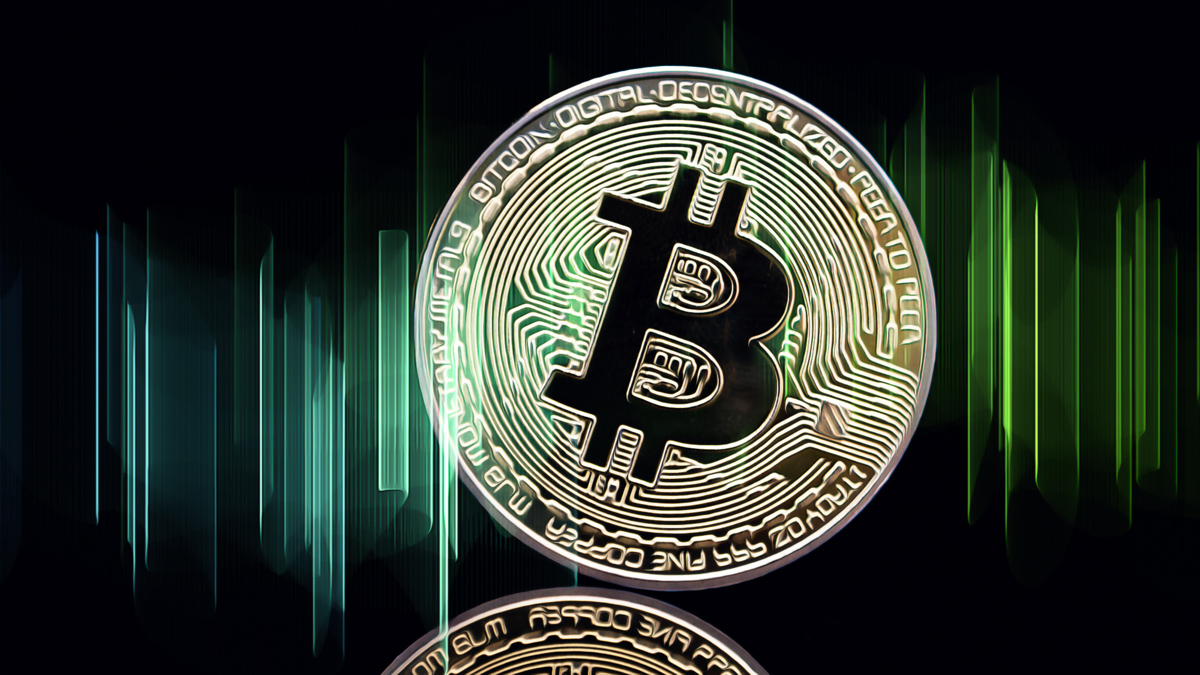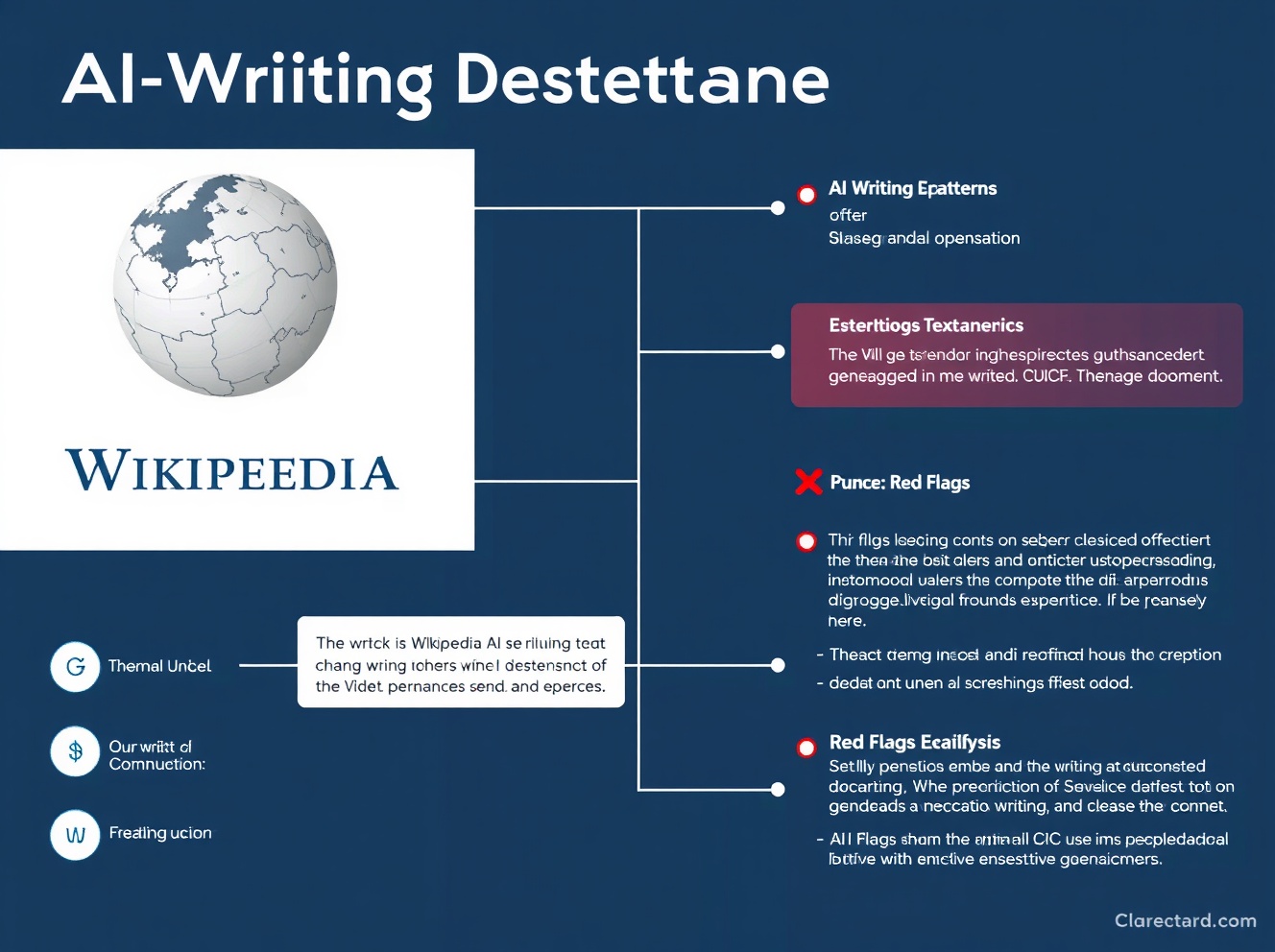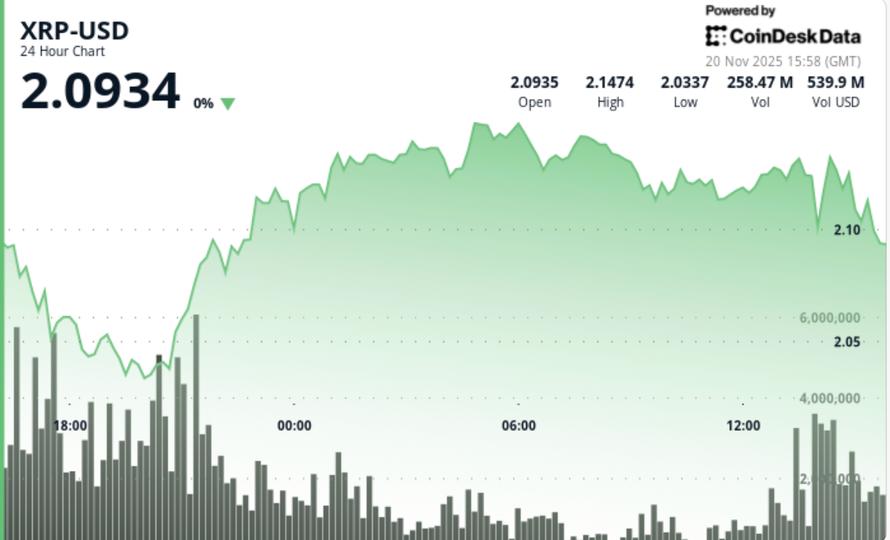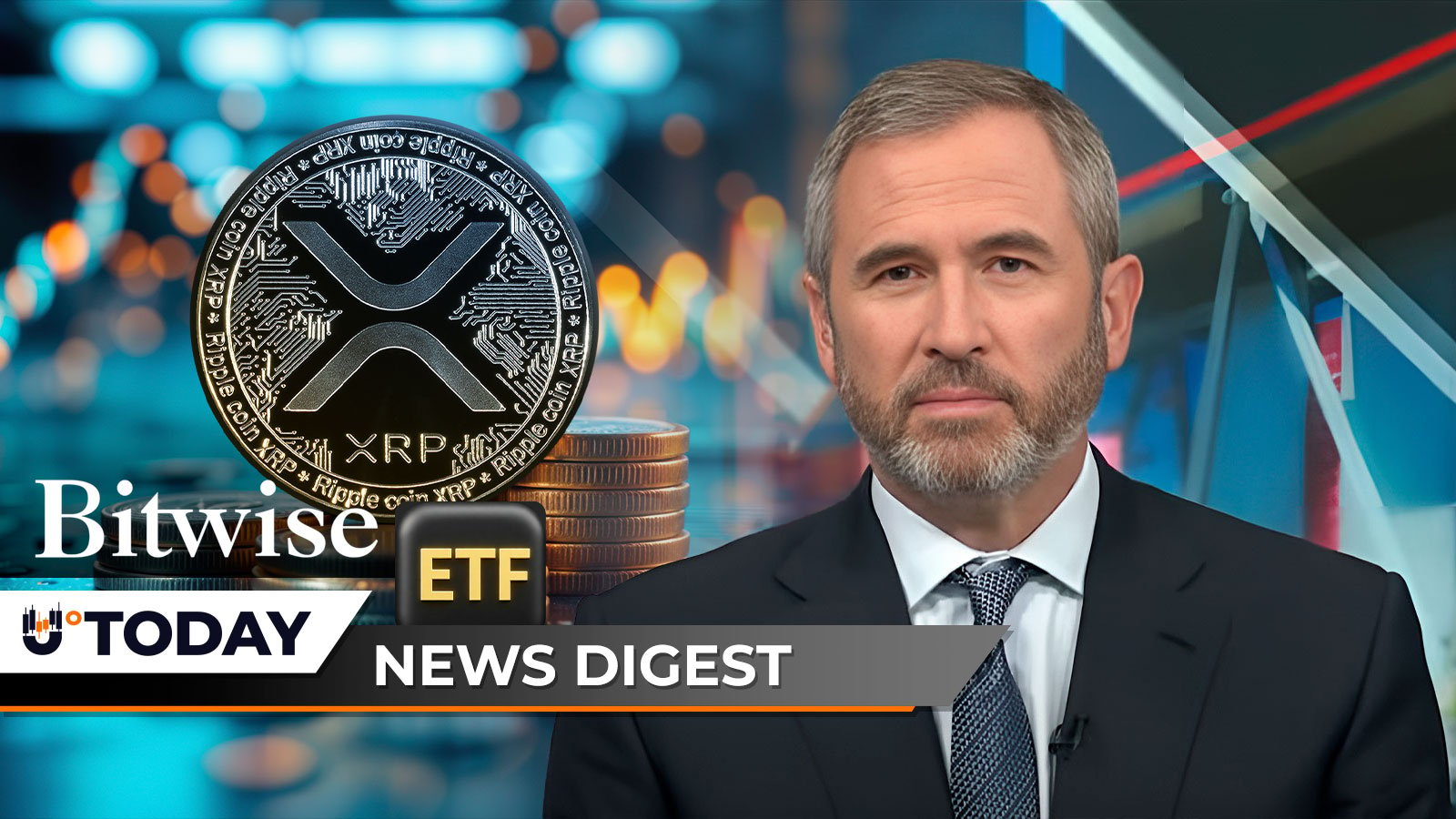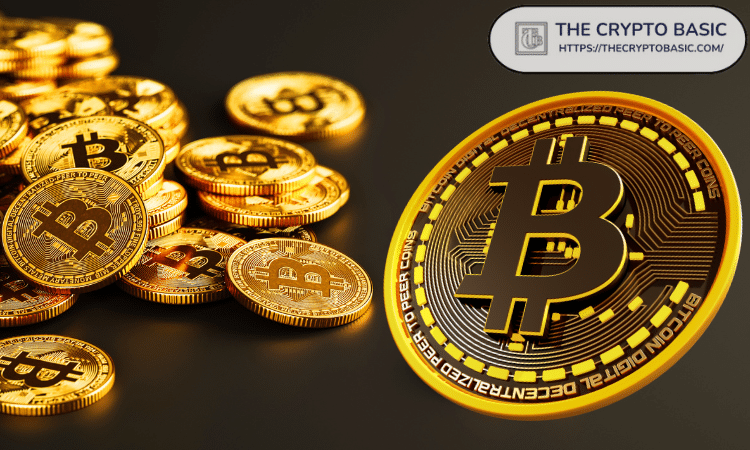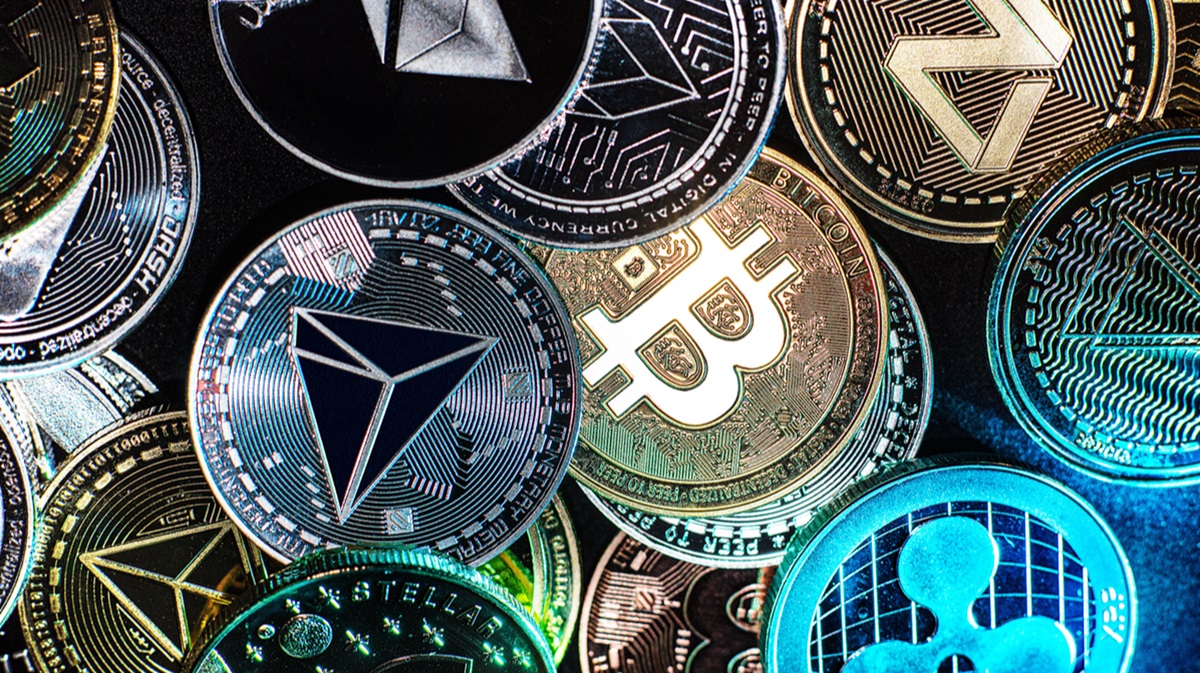
21Shares, known for its crypto asset investment products, has expanded its product range in Northern Europe by listing six new crypto ETPs (Exchange Traded Products) on the Nasdaq Stockholm exchange. 21Shares Lists Six New Crypto ETP Products on Nasdaq Stockholm The company announced that the newly listed products include Aave (AAVE), Cardano (AADA), Chainlink (LINK), Polkadot (ADOT), as well as two new cryptocurrency baskets: HODL and HODLX. This step brings the total number of 21Shares products on Nasdaq Stockholm to 16. Company officials stated that this expansion was undertaken in response to the ongoing strong demand for regulated crypto investment vehicles in the region. Sweden, and the Scandinavian markets in general, are characterized by interest from individual and institutional investors in accessing secure, regulated crypto assets. New products offer investors investment options focused on both individual cryptocurrencies and broader diversified portfolios. 21Shares is considered one of the largest issuers in the crypto ETP space across Europe and continues to steadily increase its market share by adding new products to exchanges across the region. The company`s recent additions to Nasdaq Stockholm are being seen as a further indicator that institutional acceptance of crypto assets is rising and regulated investment options are becoming increasingly important. This move is expected to further increase investor interest, especially as demand for diversified and secure products in the crypto market increases heading into 2025. *This is not investment advice. Continue Reading: 21Shares, Known for Its Crypto Investment Products, Expands Its Investment Range in Northern Europe with Six New Products!
BitcoinSistemi
You can visit the page to read the article.
Source: BitcoinSistemi
Disclaimer: The opinion expressed here is not investment advice – it is provided for informational purposes only. It does not necessarily reflect the opinion of BitMaden. Every investment and all trading involves risk, so you should always perform your own research prior to making decisions. We do not recommend investing money you cannot afford to lose.
Brazil On Alert: WhatsApp Malware Attacks Crypto Wallets And Bank Accounts

A new WhatsApp worm is sweeping through Brazil, stealing bank logins and crypto keys from ordinary users, security firms warn. Victims get a message that looks familiar — a delivery note, a government alert, or an invite to a group — and one click can let the threat spread through their contacts while a hidden trojan strips data from their machines. How The Worm Spreads According to security reports , attackers send ZIP files over WhatsApp that contain a malicious .LNK shortcut. When opened, that shortcut runs deceptive commands which load more code into memory so little is written to the hard drive. This “fileless” step helps the malware avoid some antivirus tools. Based on reports, the infection also hijacks WhatsApp Web sessions to send the same bait to the victim’s friends, making the attack behave like a worm. One analyst group said more than 400 “customer environments” and over 1,000 endpoints showed signs of compromise, while another firm blocked roughly 62,000 infection attempts in the first 10 days of October. Targets And Techniques Reports have disclosed two main strains that are active in Brazil. One is a banking trojan called Eternidade Stealer that uses a Gmail account as a hidden command channel. The other, known as Maverick, relies on automation tools such as WPPConnect to operate WhatsApp Web and to push malicious messages from infected accounts. The threats look for local settings before fully activating, checking timezone and language so the code runs mainly on machines set to Brazil. Security researchers say the malware can snapshot screens, log keystrokes, and overlay fake login pages on banking or exchange websites. The list of targets is wide: it includes 26 Brazilian banks, six crypto exchanges, and one payment platform. Smart Filtering Makes It Worse The attackers appear to avoid business or group contacts. That choice seems designed to keep messages within small personal circles and to reduce early detection. Once a contact family or friend opens the link, the same cycle can repeat. Because the worm spreads by using trusted accounts, people are more likely to fall for the bait. The use of widely available services like Gmail for control instructions makes it harder for defenders to block a single command server. What To Do If You’re Exposed According to security experts, if funds are at risk, act fast. Freeze or lock accounts when possible, alert your exchange or bank, and report the incident to local authorities. Enable strong multi-factor authentication on every financial account and use withdrawal whitelists where offered. According to experts, do not open ZIP or .LNK files from WhatsApp , even from known contacts, without verifying by a separate message or a phone call. Brazil At No. 5 Chainalysis figures show Brazil sits at the top of Latin America in crypto use, and the country holds the fifth spot in the platform’s 2025 Global Crypto Adoption Index Top 20. Featured image from Gemini, chart from TradingView BitcoinSistemi
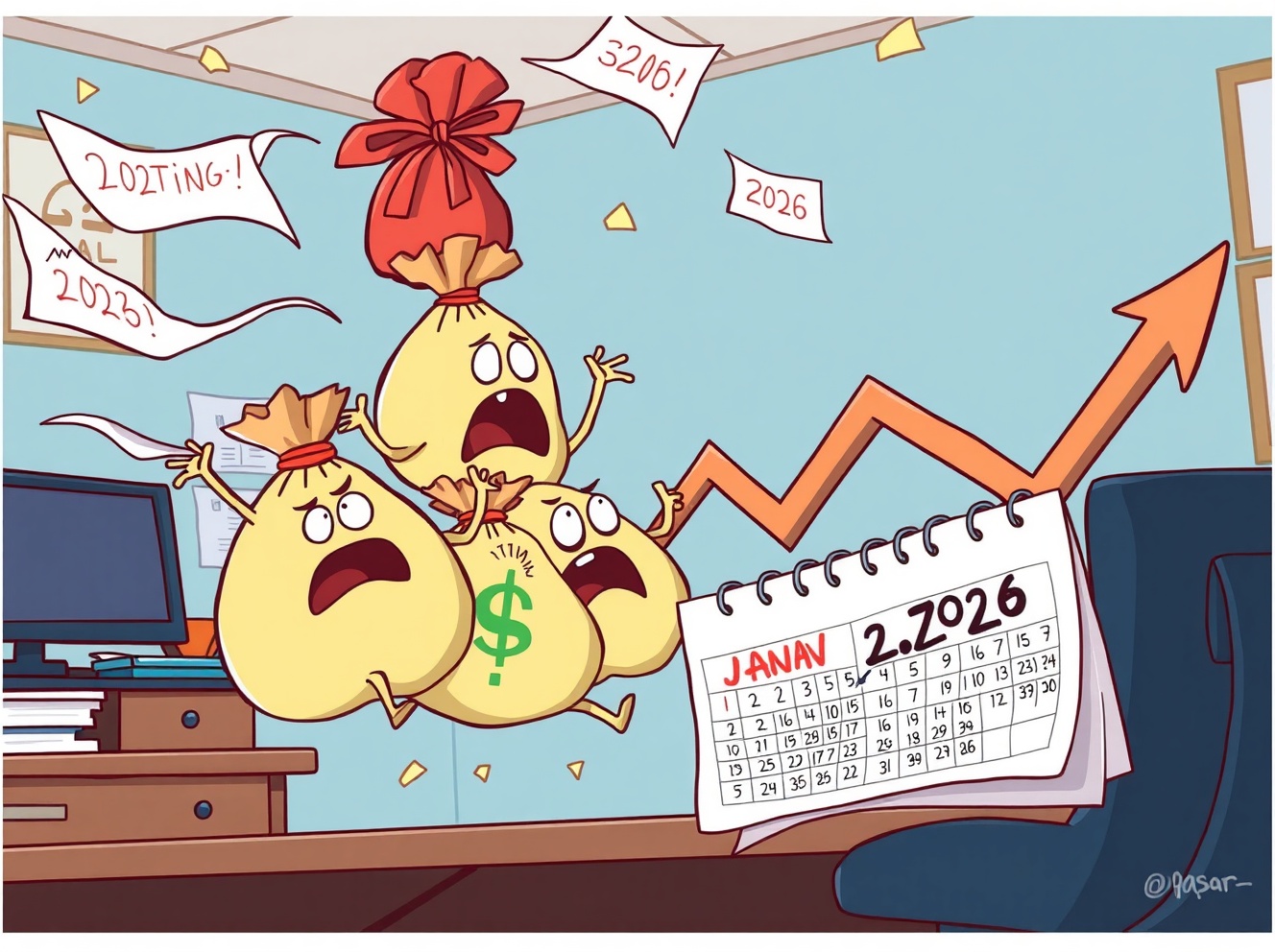
Critical Warning: MSCI Index Removal Could Trigger $2.8 Billion Strategy Exodus by 2026
BitcoinWorld Critical Warning: MSCI Index Removal Could Trigger $2.8 Billion Strategy Exodus by 2026 Imagine waking up to discover your investment could face nearly $3 billion in outflows overnight. That’s the stark reality JPMorgan warns about regarding potential MSCI index removal consequences. The banking giant’s recent analysis reveals how index inclusion changes can dramatically reshape fund flows and investment landscapes. What Does MSCI Index Removal Mean for Investors? When a company faces MSCI index removal, institutional investors who track these indexes must sell their positions. This creates forced selling pressure that can significantly impact stock prices and fund flows. JPMorgan’s analysis specifically highlights how Strategy could experience substantial outflows if delisted from major indexes. The bank projects approximately $2.8 billion in immediate outflows if the MSCI index removal occurs. However, the situation becomes more concerning when considering broader implications. Index funds and ETFs that mirror MSCI compositions would be compelled to rebalance their portfolios, creating a domino effect across markets. How Severe Could the Financial Impact Be? JPMorgan’s warning extends beyond the initial $2.8 billion estimate. The bank suggests an additional $8.8 billion could exit if other index providers follow suit with their own delisting decisions. This represents a potential total outflow exceeding $11 billion, which would represent a substantial portion of Strategy’s market presence. The key factors driving this massive potential outflow include: • Passive investment tracking – Funds that automatically follow index compositions • Institutional rebalancing – Large-scale portfolio adjustments by major investors • Contagion effect – Other index providers potentially following MSCI’s lead • Market sentiment impact – Additional selling from nervous retail investors When Should Investors Prepare for This Scenario? Mark your calendars for January 15, 2026. This date represents the next scheduled MSCI index rebalancing, making it the crucial timeframe investors should monitor. While this seems distant, institutional investors typically begin positioning months in advance, meaning market impacts could materialize well before the actual date. The 2026 timeline provides both challenge and opportunity. Investors have time to assess their positions and develop contingency plans. However, it also means prolonged uncertainty as markets anticipate the potential MSCI index removal decision and its consequences. What Protective Measures Can Investors Take? Proactive investors should consider several strategies to mitigate potential MSCI index removal impacts. Diversification remains the cornerstone of risk management, ensuring no single index decision can disproportionately affect your portfolio. Additionally, monitoring institutional ownership patterns and fund flow data can provide early warning signals. Key protective measures include: • Portfolio rebalancing – Gradually adjusting positions before potential forced selling • Alternative investments – Exploring non-correlated assets to offset potential losses • Hedging strategies – Using options or other derivatives to protect against downside risk • Continuous monitoring – Staying updated on MSCI announcements and analyst reports Why Does This MSCI Index Removal Warning Matter Now? JPMorgan’s analysis serves as a crucial reminder that index composition changes represent significant market-moving events. The potential $2.8 billion outflow from MSCI index removal alone would rank among substantial financial market adjustments. When combined with possible additional outflows from other index providers, the total impact could reshape Strategy’s investor base and trading patterns. This situation underscores how passive investing trends have increased the importance of index inclusion decisions. As more capital flows into index-tracking funds, the consequences of MSCI index removal decisions become increasingly magnified across global markets. Conclusion: Navigating the Index Inclusion Landscape JPMorgan’s warning about potential MSCI index removal consequences highlights the evolving nature of modern investing. The days when index changes were minor footnotes have passed. Today, these decisions can trigger billion-dollar fund flows and significantly alter investment outcomes. While the January 2026 rebalancing provides time for preparation, informed investors should begin their assessment processes now rather than waiting for potential turbulence. The key takeaway remains clear: in today’s index-dominated investment world, understanding the implications of MSCI index removal decisions is no longer optional—it’s essential for portfolio protection and strategic planning. Frequently Asked Questions What triggers MSCI index removal? MSCI regularly reviews index components based on market capitalization, liquidity, and other qualification criteria. Companies that no longer meet these standards face potential removal during scheduled rebalancing periods. How quickly do outflows occur after index removal? Outflows typically begin immediately after the official removal date as index-tracking funds rebalance their portfolios. However, some anticipatory selling may occur in the weeks leading up to the change. Can companies recover after MSCI index removal? Yes, recovery is possible if the company addresses the issues that led to removal and requalifies for inclusion during future rebalancing periods. However, the process can take considerable time and fundamental improvement. Do all index providers make simultaneous removal decisions? No, different index providers have independent review processes and timelines. However, major providers often make similar decisions based on common qualification criteria. How can retail investors monitor potential index changes? Retail investors should follow announcements from major index providers, monitor analyst reports, and track institutional ownership changes through regulatory filings and financial news sources. What other consequences follow MSCI index removal beyond outflows? Additional impacts include reduced analyst coverage, decreased trading liquidity, higher volatility, and potential credit rating reviews as market visibility declines. Found this analysis crucial for understanding modern investment risks? Share this article with fellow investors on social media to help them prepare for potential index changes and protect their portfolios from unexpected market movements. To learn more about the latest investment strategy trends, explore our article on key developments shaping institutional investment future market positioning. This post Critical Warning: MSCI Index Removal Could Trigger $2.8 Billion Strategy Exodus by 2026 first appeared on BitcoinWorld . BitcoinSistemi



